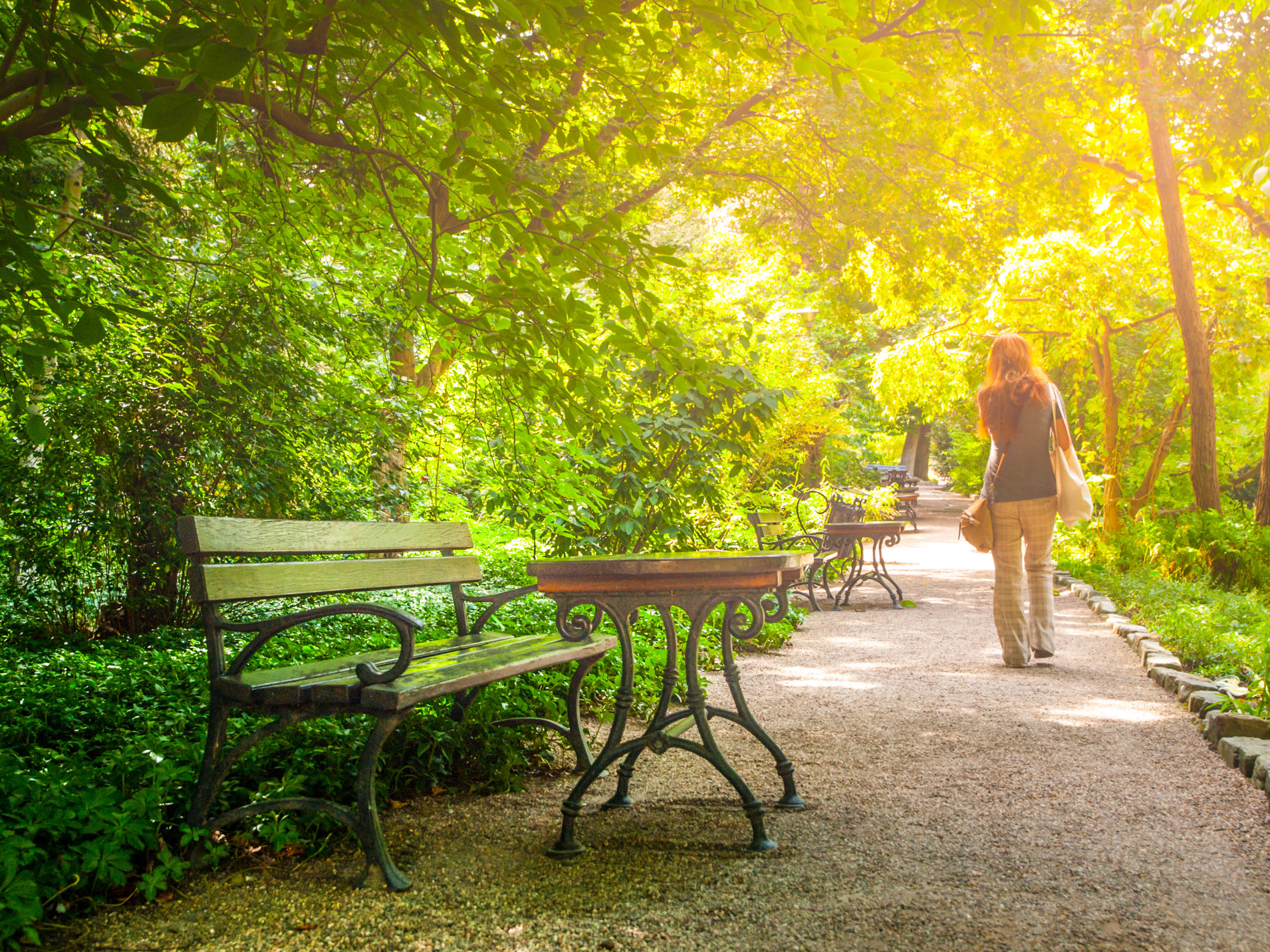By now you probably know everything you need to know about Coronavirus. In most cases it’s a mild, perhaps unpleasant disease, but for an unfortunate sliver of the population including elderly and those in poor health or with weakened immune systems, it can be far more serious. Coronavirus is spreading quickly across the globe, and the hope of containing it has been replaced with the goal of slowing the spread through “Social Distancing”. You also know the best practices for protecting yourself, which sound reassuringly like advice from your mother. Wash your hands frequently and thoroughly, don’t touch your face, eat right, exercise and get plenty of sleep. Sleep especially is vital to your immune system.
For much of human history pandemics were a fact of life, but to all but the oldest Americans, a highly contagious, potentially fatal disease is a shocking development. So how do we manage the completely natural fear and anxiety brought on by this new world? Below are a few suggestions:
Sacrificing for the Common Good
During the Second World War Americans were asked to make sacrifices to support the war effort. They called it “Doing their Duty by Doing Without”. Like that generation, take pride in the individual sacrifices you make as your contribution to our collective struggle. Right now that’s staying home and reducing physical contact with others. The more extreme the isolation the quicker this gets under control and the more we protect our medical professionals. One of the biggest risks we face is from young people who don’t take social distancing and isolation seriously. Talk to your kids and explain the “Typhoid Mary” risk they pose to others . (If you are successful getting your teenager to listen, DM me and let me know what you said).
Guard your mood
Staying well informed during a crisis is vital, but two of your most important coping tools are your state-of-mind and objectivity. There is no greater threat to both than the relentless onslaught of cable news with 24/7 experts and panel discussions with outbreak heat maps and mortality projections. The only thing worse is the Internet. Don’t engage! Staying informed is as easy as the morning newspaper and signing up for updates from your local health department and the CDC.
Draw neither fear nor relief from the experiences of others
Don’t fall into the trap of looking for reassurance from the experience of others. For every sigh of relief you breathe when you read about someone your age who recovered in three days, you will go into a tail-spin when you inevitably hear about someone your age in perfect health who perished. Every person’s outcome is unique to them and bears no relation to yours. Develop a mantra to repeat when you are bombarded with information or feel the tug of despair on hearing a sad outcome “I am me and have my own destiny”.
Take a walk
Fresh air and sunlight are magic, they reassure you that the world is still here. Take a walk, as long as circumstances allow a safe distance from others.
The Incredible Sense of Well Being from Helping Others
Perhaps it’s the distraction from your own worries, perhaps it’s gaining a feeling of control, but helping others is a powerful way to improve your state-of-mind. With Coronavirus there are plenty that need help. Elderly neighbors and those in poor health are at far greater risk from exposure. Help them with shopping or drop off a meal once a week. It’s always best not to put people on the spot by asking, just do it. Local businesses are being devastated. Come up with clever ways to support them while still following Social Distancing guidelines. Buy gift cards, get takeout from restaurants and have them walk it out to your car. If it’s within your means, try to support any hourly or “gig” workers in your life by paying them if they get sick or can’t work. If you have a housekeeper and want to lower your exposure to only family in your home, pay them anyway.
Act as if
Try to be the person that diffuses tension and anxiety in others. Be gracious and project calm even when you don’t feel it. Stop and talk to people (from a safe distance), ask questions about how they are coping. People in an anxious state race around town in their cars. Don’t drive too fast, it’s dangerous and stressful to others. Watch for signs of discrimination or mean spiritedness and speak up. One day this will all be over and along with the sadness of and for those who have suffered losses may come a silver lining. The community bonds and feeling of patriotism that come from surviving a collective struggle. “Keep calm and carry on”.



